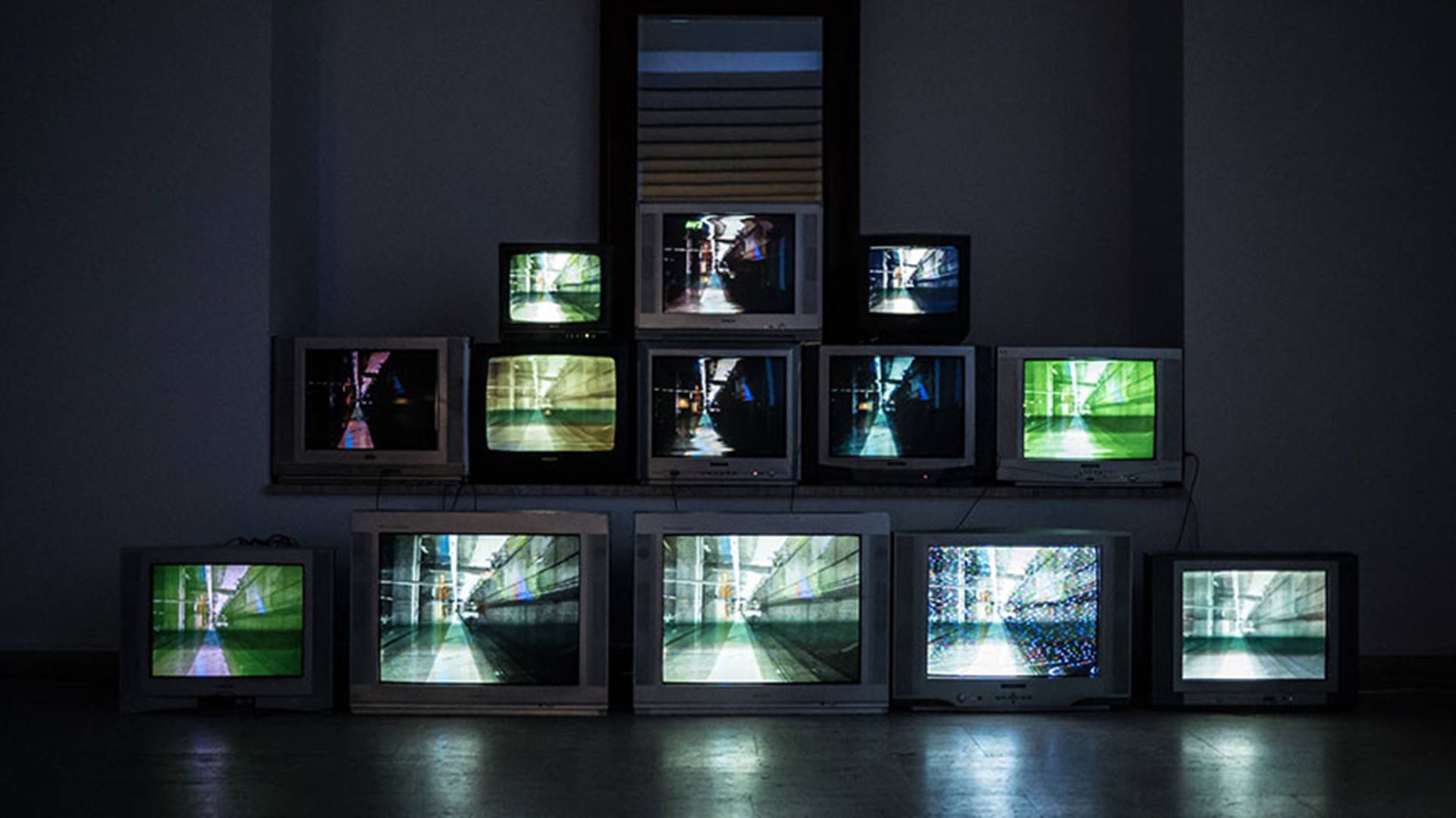One in three U.S. households does not have traditional pay TV
Here’s some bad news for traditional pay-TV companies already hamstrung by the pause on live sports programming and the drought of advertising dollars. Customers who cut the cord during the last several months say they are unlikely to come back.
According to a new report from Roku, the absence of live sports is accelerating the existing cord-cutting trend among television households in the U.S. Nearly 30% of survey respondents cited the loss of live televised sports as their No. 1 reason for canceling their cable subscriptions.
The study, which Roku conducts annually, highlights what streaming executives have long predicted: that the future of television is in streaming, and that the ongoing Covid-19 pandemic is accelerating existing industry trends. That’s why deep-pocketed traditional TV titans like NBCUniversal are jumping onto the scene with their own streaming services and looking for ways to woo advertisers in a digital video environment.
It also underscores another speed bump for broadcasters who had expressed hope that the return of live sporting events would electrify TV ad sales, which have been in a months-long slump. Only 17% of survey respondents said they expect to re-up their pay TV plans when live sports make their return this year, while a little less than a third said they might consider a live sports streaming service, often from virtual MVPD services, instead of returning to traditional pay TV.
The survey was conducted in March, polling 7,000 Americans 18 and older; an additional 2,000 Americans 18 and older were surveyed in May to account for the effects of Covid-19 on TV habits.
In all, the ongoing pandemic and its widespread effects on the television industry have helped intensify the number of cordless households, Roku reported. Nearly one-third, or 32%, of TV households do not have traditional pay TV plans. That’s 11 percentage points higher than a year ago, when 21% of all internet-connected TV households were cordless.
While the lack of live sports proved to be a good reason for many to cut the cord, the bigger impact of the ongoing pandemic seems to be the economic effects. Among those surveyed who had cut the cord in the past 90 days, the No. 1 reason for doing so was out of a desire to trim home entertainment costs. And around 40% of recent cord-cutting households said that extended free trials along with growing free television options encouraged them to cancel their cable subscriptions.
About half of all TV households surveyed said they were streaming more free TV during the Covid-19 pandemic than they previously did, a trend that free ad-supported streamers like Tubi have already been reporting.
For traditional television companies, some of whom will begin issuing quarterly reports this week, those cord-cutters lost over the course of the pandemic will be hard to win back. Four out of five cord-cutting households told Roku they are satisfied with their decision, and about two-thirds say they wish they had cut the cord sooner.
Napomena o autorskim pravima: Dozvoljeno preuzimanje sadržaja isključivo uz navođenje linka prema stranici našeg portala sa koje je sadržaj preuzet. Stavovi izraženi u ovom tekstu autorovi su i ne odražavaju nužno uredničku politiku The Balkantimes Press.
Copyright Notice: It is allowed to download the content only by providing a link to the page of our portal from which the content was downloaded. The views expressed in this text are those of the authors and do not necessarily reflect the editorial policies of The Balkantimes Press.

